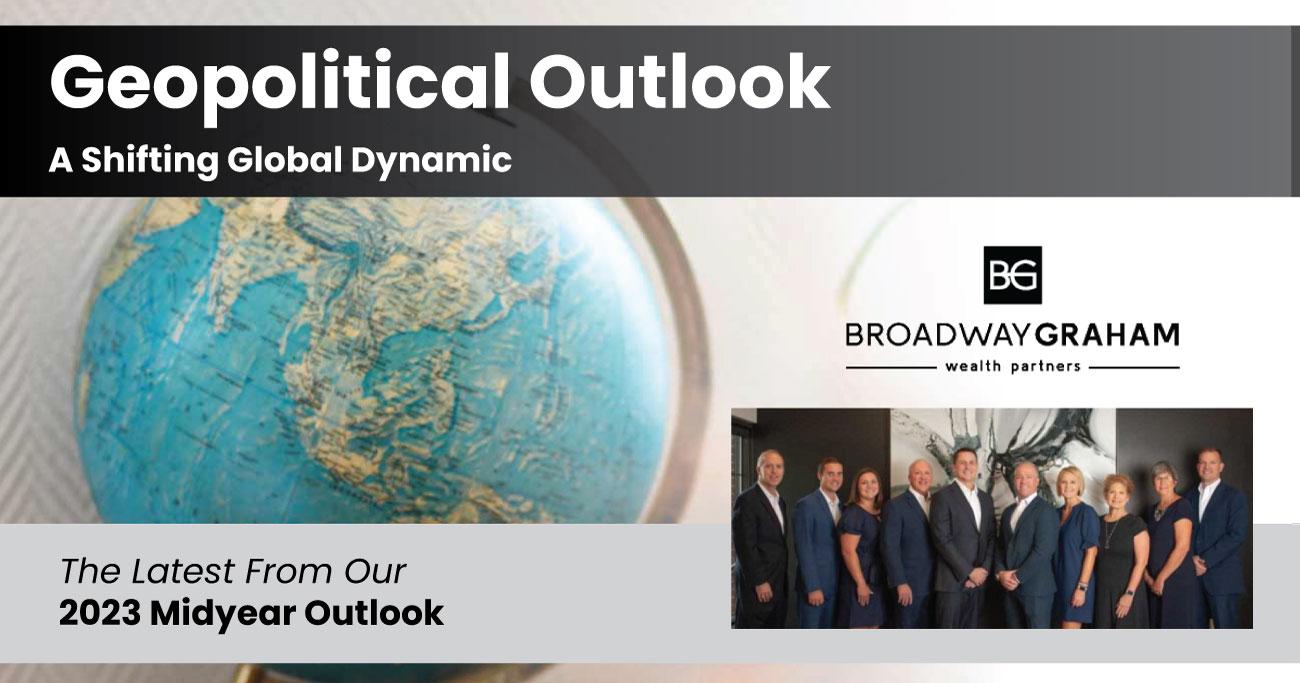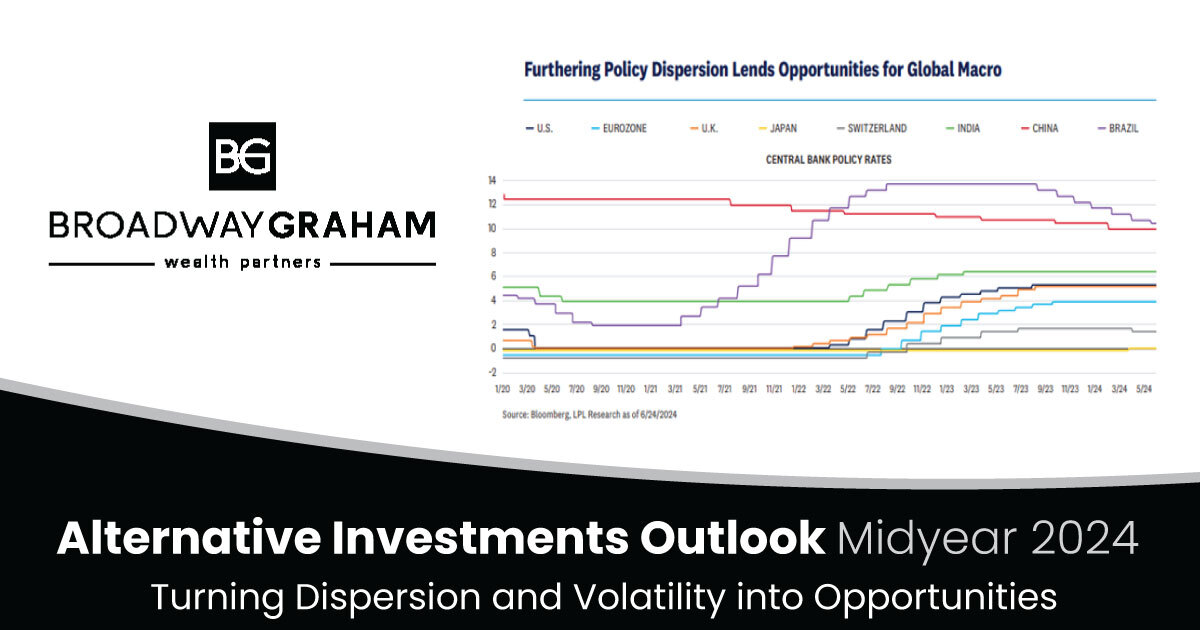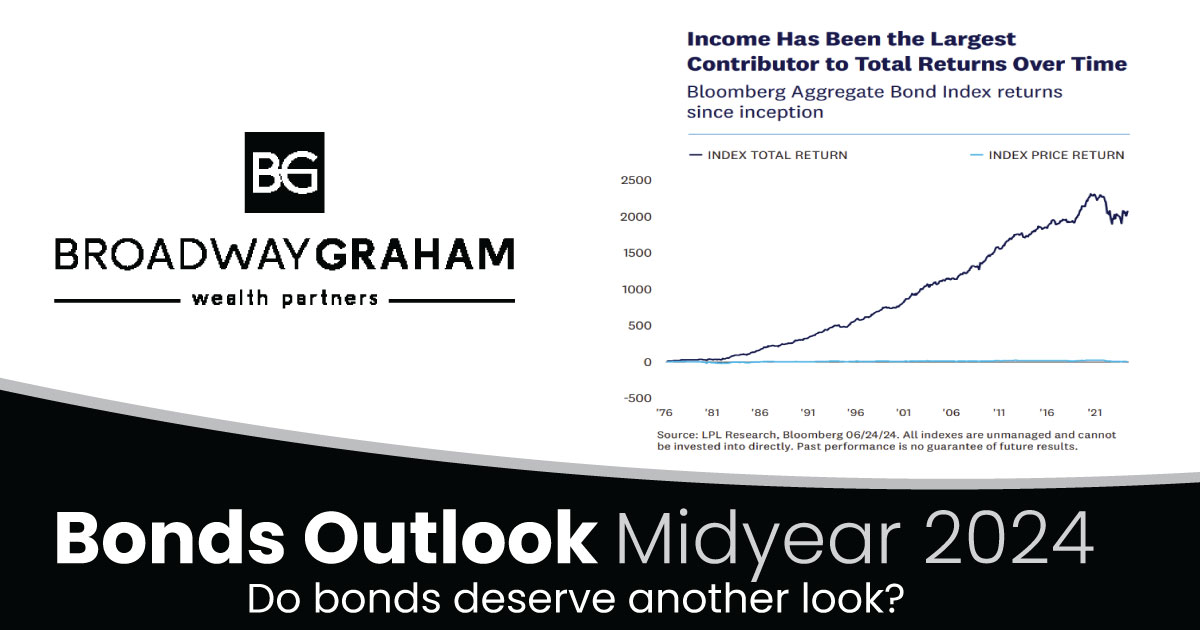We’re more than six months into 2023 and the global dynamic has shifted. An attempt by Chinese President Xi Jinping to forge a negotiated settlement to end the Russia-Ukraine conflict was thwarted by an unflinching determination by both sides to win at all costs.
An ally of Vladimir Putin, Xi is the latest world leader to offer a framework for a cessation to the fighting, but so far it has been met with caution and suspicion given China’s current relationship with Russia.
That Xi has emerged onto the world stage, following China’s nearly three year COVID-19-related shutdown, and is enjoying praise for his successful peacemaking deal between Saudi Arabia and Iran, lends credibility to his attempt to broker an accord between Russia and Ukraine.
The deal also helps underpin China’s unrelenting determination to establish a global leadership position, as it seeks to broaden its trade and political relationships, and weaken the economic authority of the U.S. A major component of China’s global outreach includes a determined effort to destabilize the U.S. dollar as the still uncontested primary global reserve currency, while it seeks to legitimize and install the yuan as a major reserve currency.
Moreover, as China continues to build its military prowess, rhetoric regarding Taiwan remains focused on “reunification” even if it requires military force.
NATO continues to expand with the membership of Finland and probably Sweden, while a permanent NATO liaison office is rumored to be opening in Tokyo next year. At a meeting of European and Indo-Pacific foreign ministers, the Japanese Foreign Minister noted that Russia’s war in Ukraine “had shaken the very foundation of the international order.” He also indicated concern regarding Russian and Chinese military cooperation in Asia.
Despite concerns that NATO members are debating supplying advanced weaponry to Ukraine, the threats from Russia, which include a possible (but unlikely) nuclear attack, appear to have stiffened NATO resolve. Expect defense stocks to generate a fair amount of buying interest over the next six months and beyond as a result.
Regarding U.S. and China bilateral relations, the backdrop has become increasingly fraught with concerns that China has intensified its efforts to secure technology which enhances its military buildup. Accordingly, both sides of the political aisle in Washington have created lists of technology that should be embargoed, which is jeopardizing an already fragile relationship. Given the heightened importance of the semiconductor sub-sector, as it applies to artificial intelligence, an increasing number of companies will attract investor interest and acquisition activity within the sector could ramp up as development gains momentum.
A specific policy initiative, which White House officials hoped might include a broader coalition of nations, has recently been modified and muted to be less damaging to the relationship. Loosely entitled “De-Coupling From China” initially, it currently is referred to as “DeRisking From China.” A senior Administration aide explained that the new rubric “fundamentally means having resilient, effective supply chains, and ensuring we cannot be subject to the coercion of any other country.” Expect this “friend-shoring” dynamic to help support the industrials sector.
As deglobalization gains momentum amid a political backdrop of uncertainty and heightened risk, expectations are that fragmentation of global political blocs will materialize. With the approaching 2024 election season, both political parties will be compelled to address how best to navigate the changing landscape.






